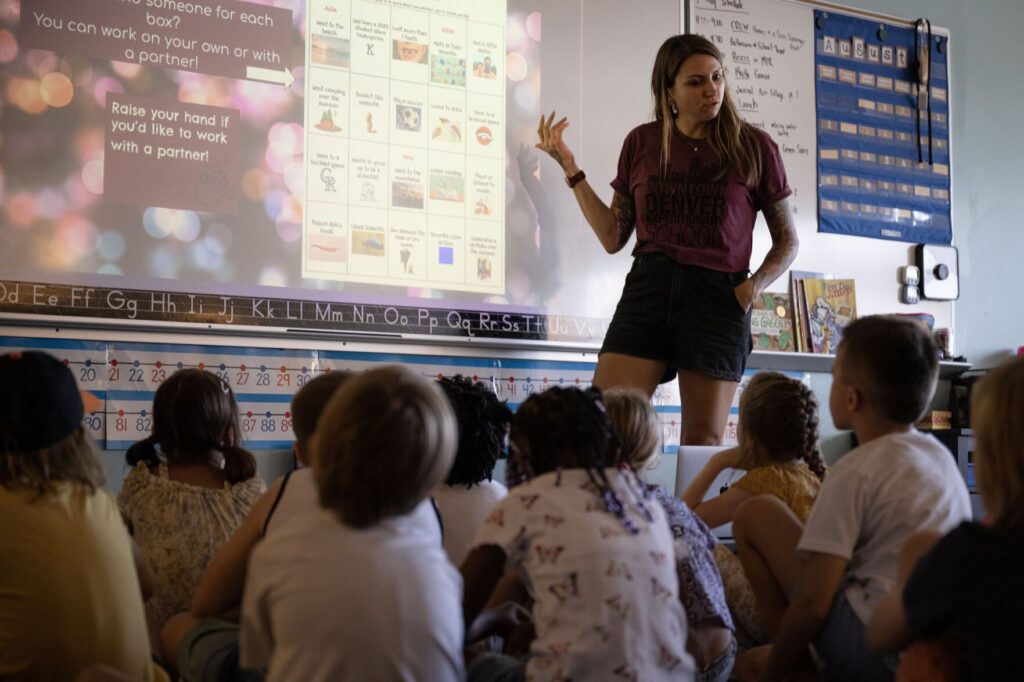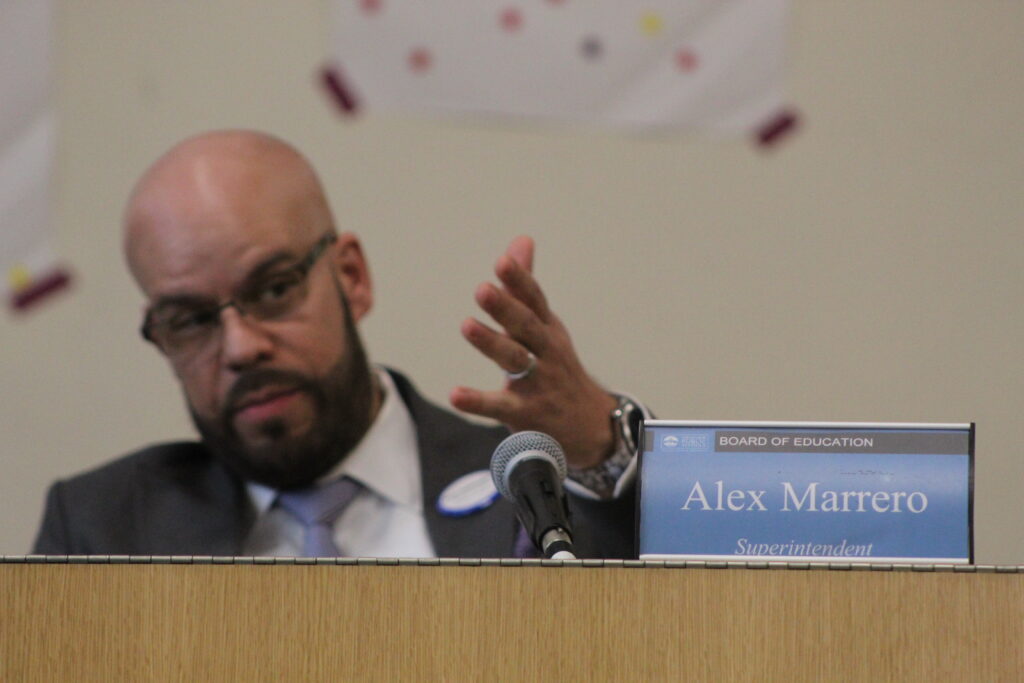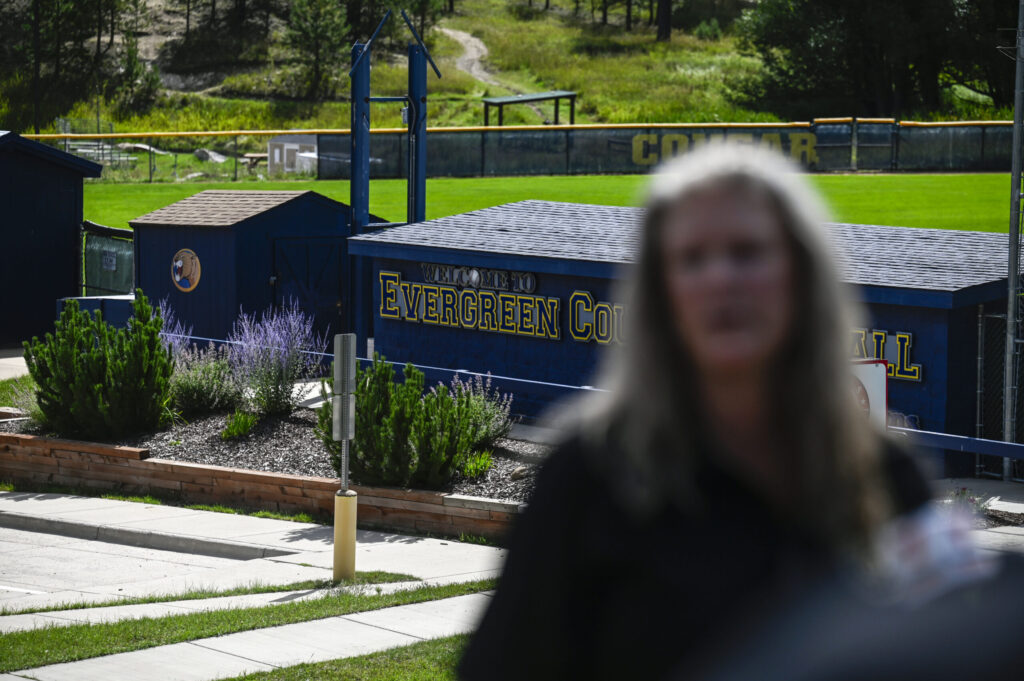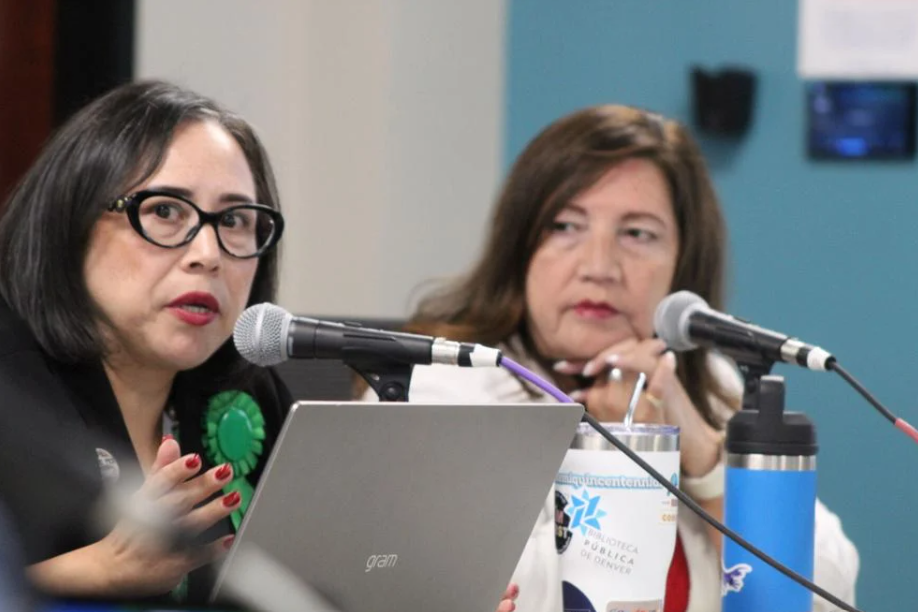CU Boulder says its commercialization activities produced $8 billion for state, national economies

The University of Colorado Boulder’s commercialization activities injected billions of dollars into the national and state economies, a report said.
The report, conducted by the university’s Leeds School of Business, said the activities under the university’s Venture Partners resulted in $8 billion nationally. Much of that economic activity occurred in Colorado, resulting in direct and indirect effects of $5.2 billion over the last five years, marking a four-fold increase since its last report in 2019.
In addition to the billions of dollars in economic impact, the report said the activities also resulted in roughly 39,000 jobs created.
Commercialization activities are innovations designed at the university that is spun out and transferred into commercial enterprise. The intellectual property around the innovations is owned by the university, which then licenses it.
Under the agreement, the university has access to information about the business and can track sales and other measures of economic effects, according to Brynmor Rees, associate vice chancellor for research and innovation. The most common sectors are in “deep tech” or areas focus on science and engineering.
A part of the university, Venture Partners empowers the process of creating entrepreneurial and economic impact based on university research, serving faculty members, postdoctoral researchers and graduate students, according to Rees. The department held 315 commercialization agreements, which includes over 200 intellectual property licenses and 70 startups. Agreements made $20.1 million in revenue for CU Boulder in licensing technology. In total, these startups and licenses spread across 36 states and 26 countries, the university said.
Using its size as matrix and compared to universities with at least fifteen startups in the fiscal year 2021, CU Boulder had the most startups, according to data from the Association of University Technology Managers.
There were $45.4 million in commercialization-specific grants for CU Boulder researchers and inventors. In a small amount of cases, there can be internal funding from the university, but most of the grants come from federal agencies and collaborating companies, Rees said.
“Commercialization grants are a subset of grants that go to the university that are specific to translating research into some kind of commercial application or product,” Rees said.
Some of these startups include those that are based in Colorado, including Thorton-based Solid Power, a company in solid-state electric vehicle batteries; SomaLogic, a biomarker discovery and clinical diagnostics company that provides proteomics technologies globally and is based in Boulder; and, ColdQuanta, which is behind the quantum-matter machine “Albert” – named one of TIME’s best inventions of 2022 – and is also based in Boulder.
Revenues received by CU Boulder from licensing innovations created at the university are reinvested in a split between the inventors, including the research labs, and the commercialization programs run by Venture Partners.
“This type of economic impact does two really important things at a higher level, and one is that it shows the promise of federal investment into research that has this downstream economic return on investment,” Rees said. “I think what universities, CU included, but others now, too, are working to ensure is that those economic benefits are accessible to a broader and more diverse set of the population.”












